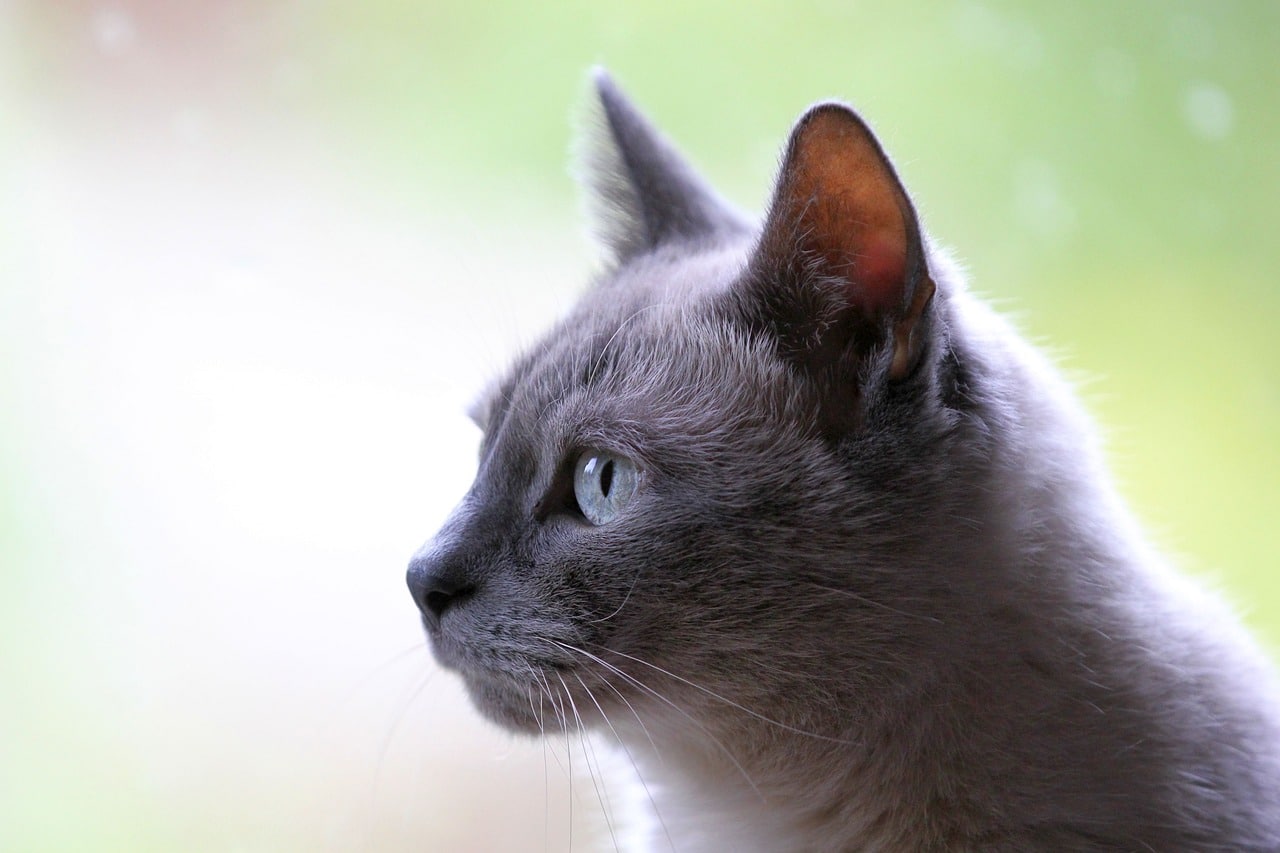If you’re a cat owner, you’re no stranger to the musical sounds of your pet’s meows. However, when the meowing becomes excessive, it can signal a range of issues – from attention-seeking behavior to underlying health problems. This article will delve into the world of feline communication, providing you with valuable insights into why your cat may be meowing excessively and how you can help them.
Deciphering the Language of Cats
Cats, like humans, use a variety of methods to communicate, and meowing is one of them. They will meow to greet you, express hunger, demand attention, or signal they’re in pain. However, it’s essential to understand that not all meows are created equal. Different meows might mean different things, and it’s a matter of learning to decipher them.
Dans le meme genre : How to manage excessive barking
Typically, cats don’t communicate with each other using meows. They reserve their vocals primarily for their human companions. So, when your cat meows at you, they are, in their unique way, trying to tell you something. An attentive owner will over time, learn to distinguish between a hungry meow, a scared meow, a play-with-me meow, and an I’m-in-pain meow.
If your cat suddenly starts meowing more than usual, it could be a sign that something is amiss. Increased frequency or change in tone of the meows should not be overlooked.
A lire également : What’s the Proper Technique for Administering Medication to Birds?
Meowing as a Form of Attention Seeking
Cats are independent creatures, but they do crave attention from time to time. Some cats meow excessively as a form of attention-seeking behavior. If you have been away for a long time or are paying more attention to the new dog, they may feel neglected and resort to meowing to gain your attention back.
In such cases, they may meow excessively when you’re around, and quiet down when you’re out of sight. If you suspect that attention-seeking is behind your cat’s excessive meowing, try not to reward this behavior. Giving them attention every time they meow will reinforce this habit. Instead, provide attention when they are calm and silent, and ignore them when they start meowing excessively.
Excessive Meowing Due to Health Issues
Excessive meowing could also be a sign of underlying health issues. If your cat’s excessive meowing is accompanied by other signs of discomfort – such as changes in appetite, weight loss, abnormal behavior, or changes in litter box usage – it’s time to visit the vet.
Certain health issues, like hyperthyroidism or kidney disease, are common in older cats and can cause excessive meowing. Pain, whether due to arthritis or an injury, may also prompt a cat to meow excessively. As feline behaviorist Pam Johnson-Bennett explains, “Cats are stoic and they can hide discomfort or pain very well. So if your cat is vocalizing more, don’t ignore it.”
Therefore, a sudden increase in meowing should always warrant a trip to the vet to rule out any medical issues.
Excessive Meowing and Aging
As cats age, they can develop cognitive dysfunction syndrome, which is similar to Alzheimer’s in humans. This condition can cause disorientation and increase the cat’s anxiety levels, leading to excessive meowing, especially during the night when the house is quiet.
If you notice your older cat meowing excessively, especially during odd hours, it might be worth discussing with your vet. They can help diagnose any cognitive issues and suggest appropriate treatments or management strategies to improve your pet’s quality of life.
Managing Excessive Meowing
Once you have addressed potential health issues and made sure your cat isn’t meowing due to neglect, it’s time to look at other ways to manage excessive meowing. Diet can play a crucial role in this. Some cats meow excessively when they’re hungry or when it’s their usual feeding time. If your cat has a habit of waking you up at dawn for food, try an automatic feeder that dispenses food at set times.
Enrichment activities and toys can also help keep your cat occupied and reduce the need for attention-seeking meows. Climbing towers, puzzle toys, window perches for bird watching, or even an aquarium can provide hours of entertainment.
Remember, patience is key when dealing with excessive meowing. It’s a way for your cat to communicate, so try to understand what they’re trying to tell you. By addressing the underlying causes and being proactive in managing this behavior, you can help restore harmony in your household.
Behavioral Issues as a Cause of Excessive Meowing
Behavioral issues can lead to your cat meowing excessively. Just like humans, cats can be affected by stress, anxiety, or changes in their environment, causing them to act differently, including meowing a lot. It’s crucial to observe any recent changes in your home or routine that might have triggered the excessive vocalization in your cat.
If a new pet has been introduced to the household, or there’s been a significant change in the family dynamic (like a new baby or a family member moving out), your cat might resort to excessive meowing as a way of expressing their unease. In such situations, it’s essential to provide extra attention and reassurance to your cat.
However, behavioral issues can also stem from boredom. A bored cat will meow excessively to express their need for stimulation. In this case, interactive toys, regular playtime, and providing a stimulating environment can help curb their excessive vocalization.
Separation anxiety is another behavioral issue that can lead to a cat meowing a lot. Cats suffering from this condition will often meow excessively when left alone. If you suspect separation anxiety is the cause, you may need to consider getting a pet sitter or treat your cat with anxiety-reducing products recommended by your vet.
Conclusion
Excessive meowing in cats is a broad issue with a wide range of causes. From seeking attention to expressing discomfort due to underlying health problems, your cat’s meow can communicate a lot. Aging and behavioral issues like cognitive dysfunction or anxiety can also result in cats meowing excessively.
Understanding your cat’s behavior and responding appropriately is crucial. If the excessive meowing is due to attention-seeking behavior, do not reinforce it. If it’s due to health issues, make sure to consult your vet promptly. If your older cat is meowing a lot due to cognitive dysfunction, appropriate treatments or management strategies can help improve their quality of life.
In the end, remember that your cat’s excessive meowing is their way of communicating with you. They don’t have any other way to tell you they need help or attention. Whether they’re bored, scared, hungry, or in pain, your cat will meow to express their needs. By being attentive, patient, and proactive, you can address the root cause of the excessive meowing and restore a harmonious coexistence with your feline friend.
Understanding and treating your cat’s excessive meowing not only enhances your bond with your pet but also ensures their well-being, which is, after all, one of the greatest responsibilities of being a pet owner.






